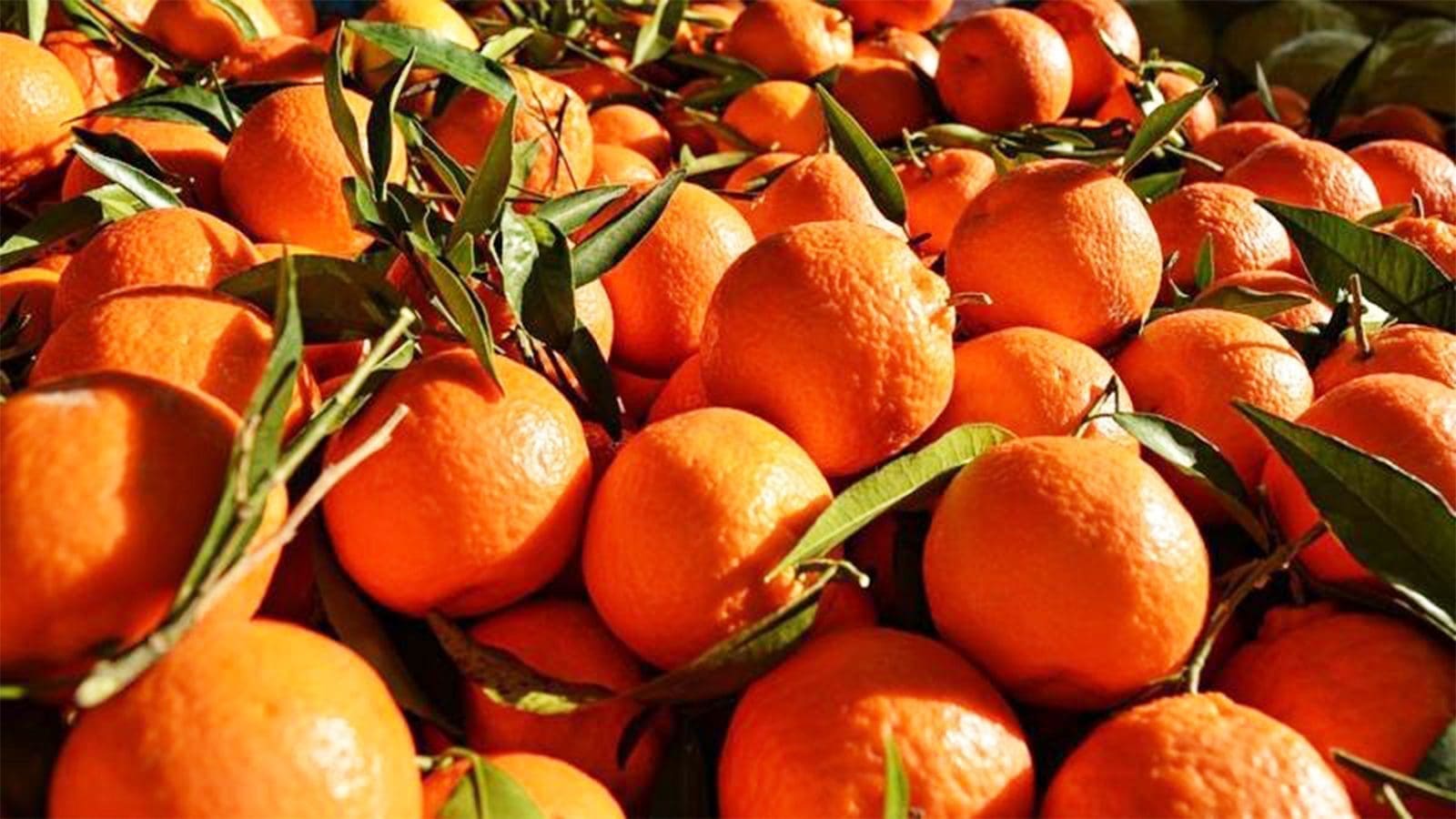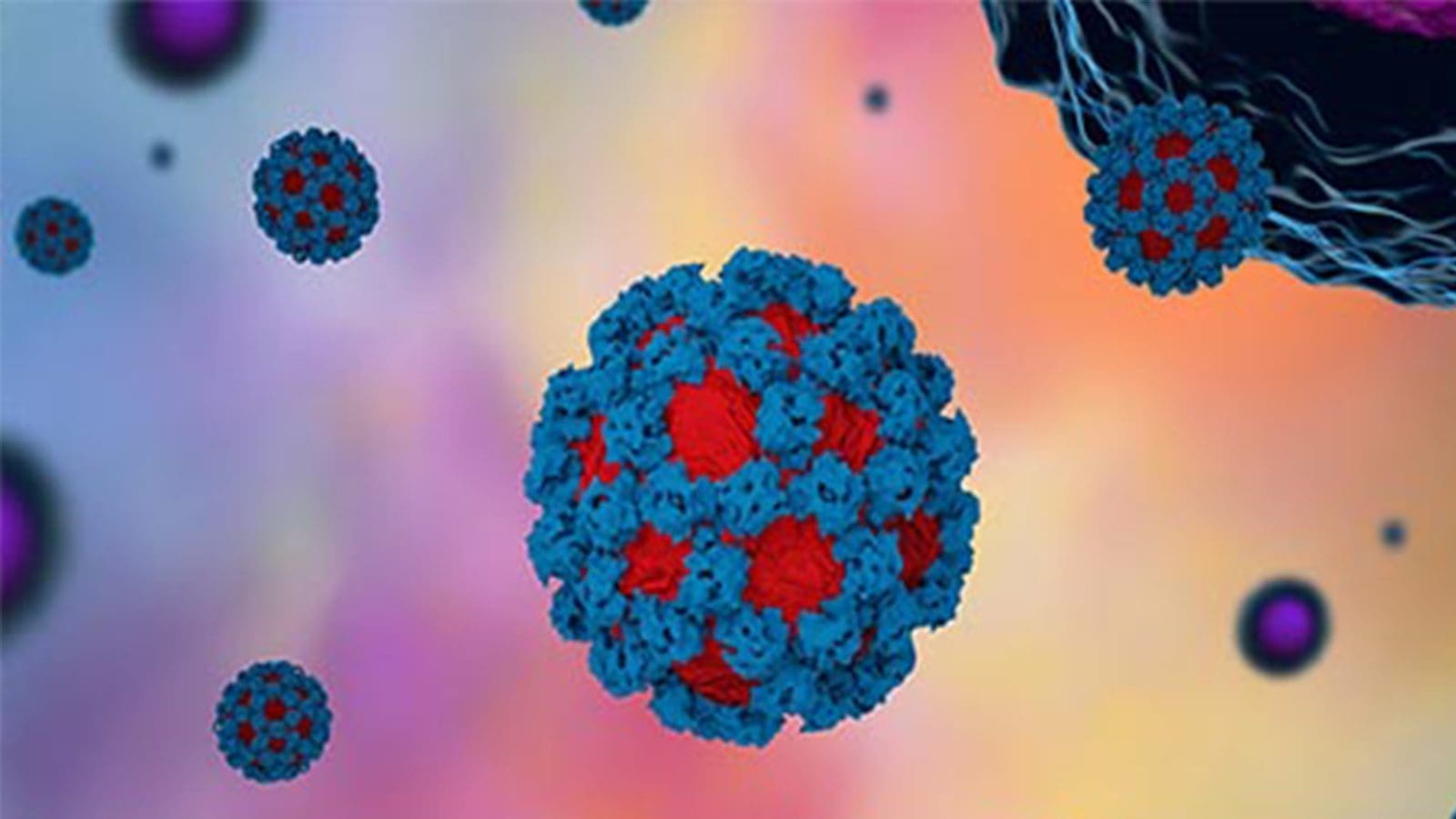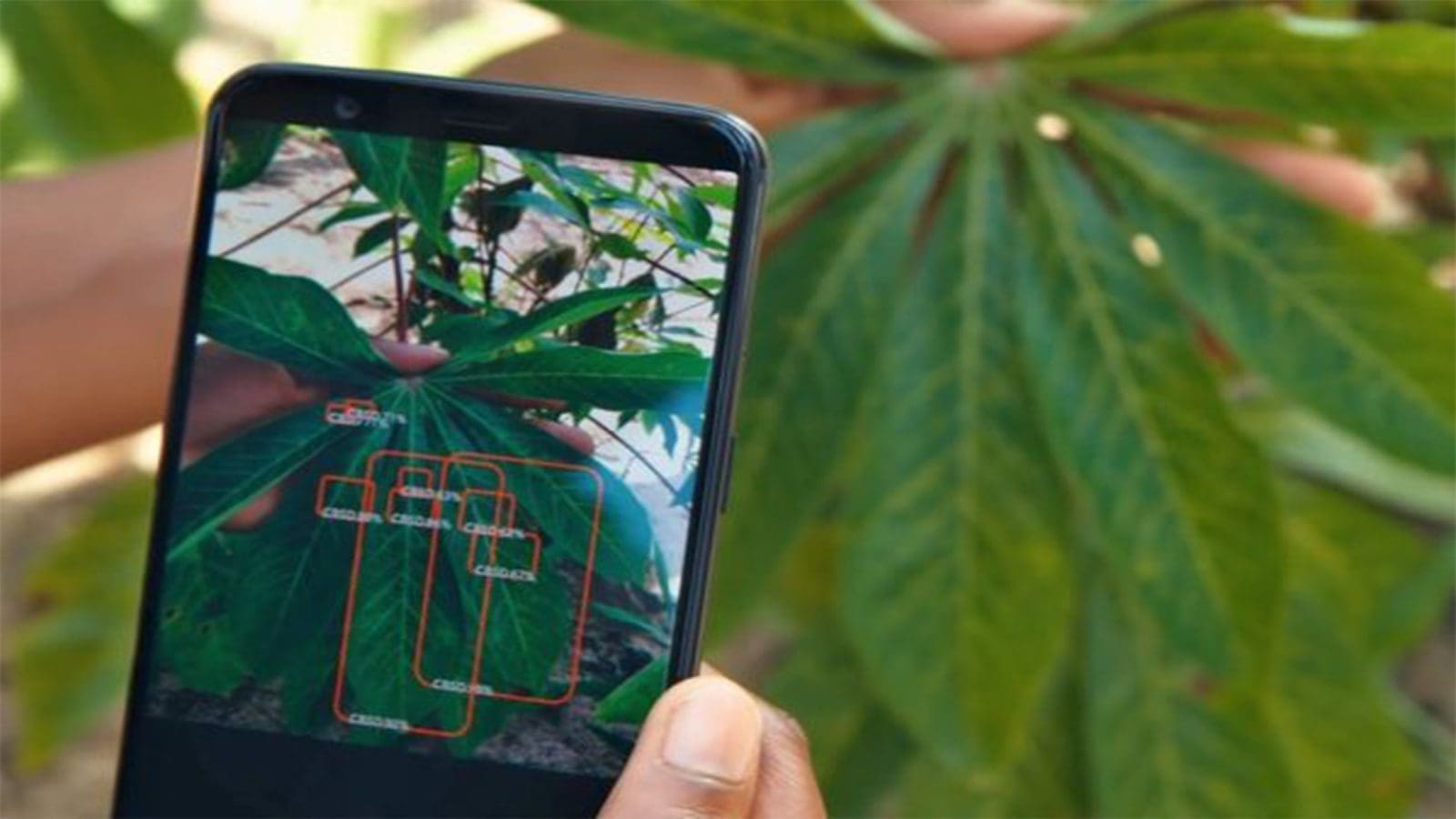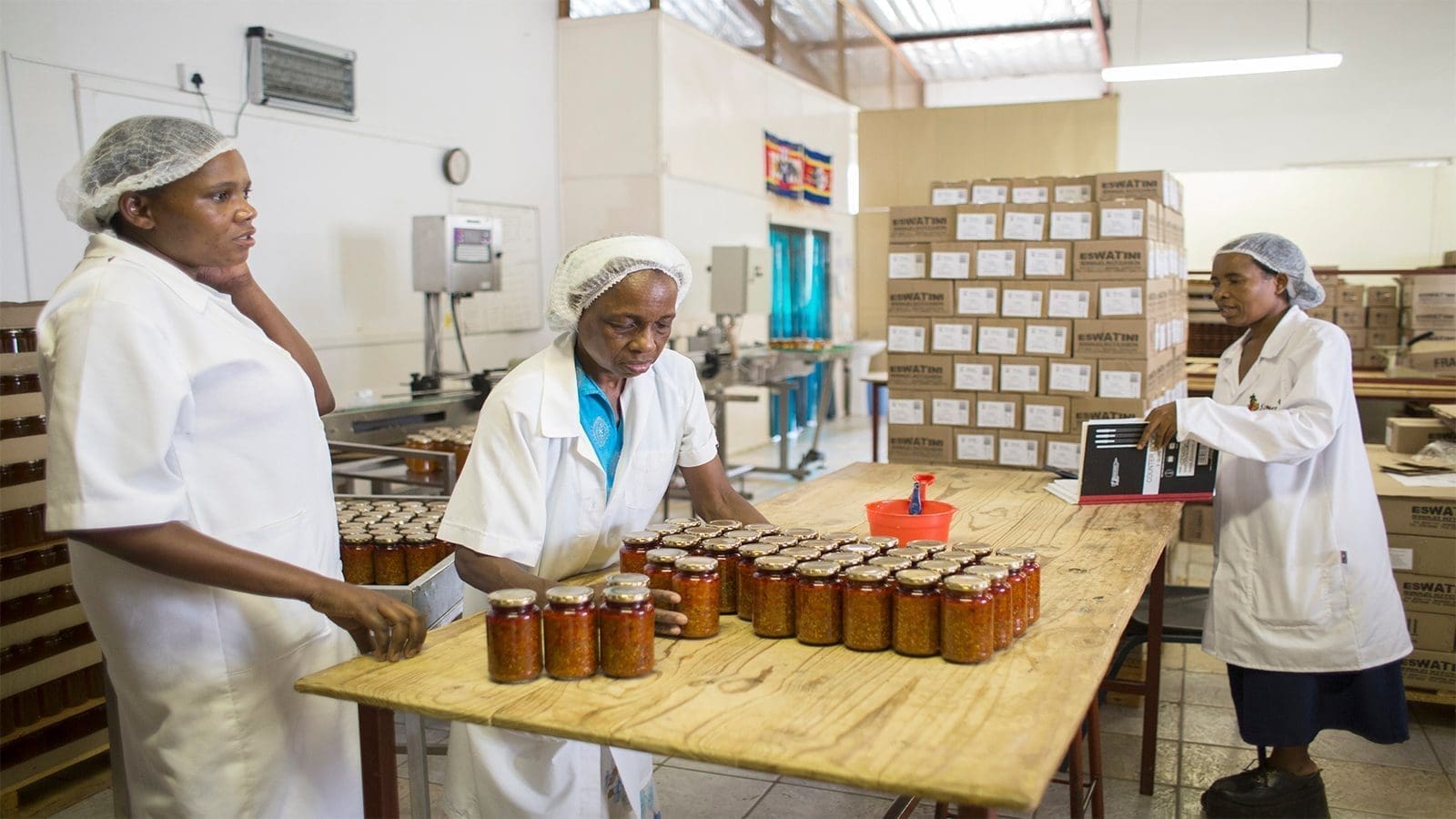EGYPT – Over 40,000 tons of Egyptian oranges in 150 shipments are currently being held at Russian ports as the Russian officials claim the shipments do not meet its import specifications.
Egyptian exporters laid the blame on Russia for changing its standards without coordinating with the Egyptian side.
According to Ahmed al-Bishbishy, the Chair of Gouda for Agricultural Products, a major orange exporter, the Egyptian oranges were seized over three weeks ago.
“But once the shipments arrived at Russian ports, they were stopped from entry, after the Russian Federal Service for Veterinary and Phytosanitary Surveillance (Rosselkhoznadzor) rejected the shipments, claiming that they did not conform to specifications and contained traces of Imazalil fungicide,” he said.
Imazalil fungicide is a commonly used post-harvest on crops including bananas and citrus and, though not entirely banned, is classified as “likely to be carcinogenic in humans” by the US Environmental Protection Agency (EPA).
Yet, sources in Egyptian export companies said these traces are “stipulated in the Egyptian-Russian export agreements and are common worldwide.”
Rosselkhoznadzor is a federal executive body affiliated with Russia’s agriculture ministry that is responsible for quarantine as well as the safe handling of pesticides and agricultural chemicals.
One of the export sources told Mada Masr that the body has only recently started its work in ports and initiated new requirements that even the Russian agricultural quarantine [agency], was not informed of, let alone the Egyptian side.
Egyptian authorities term seizure illegal
Furthermore, the agreements signed between Egypt and Russia say the Egyptian side must be informed of any change in the terms and procedures at least two weeks before enforcing them, which did not happen.
In line with this, the head of Egypt’s plant quarantine authority Ahmed al-Attar termed the seizure of the shipments was “illegal.”
Nevine Gamea, Egypt’s Trade and Industry Minister met with the Russian ambassador in Cairo to discuss the matter. She said that the Egyptian government’s representatives in Moscow, the Egyptian Embassy Commercial Office in Moscow and the Central Administration for Plant Quarantine, are currently making efforts to solve the problem.
According to one of the sources in the export company, Egypt’s diplomatic intervention was partially successful, securing the release of some oranges.
A September report issued by the Agriculture Export Council revealed that in the previous year, Egypt topped the list of orange exporting countries, sending out about 1.67 million tons to markets mostly in Russia, Saudi Arabia and China. Egypt’s place as the orange export king brought it about US$843 million.
Liked this article? Subscribe to Food Safety Africa News, our regular email newsletters with the latest news insights from Africa and the World’s food safety, quality and compliance. SUBSCRIBE HERE








